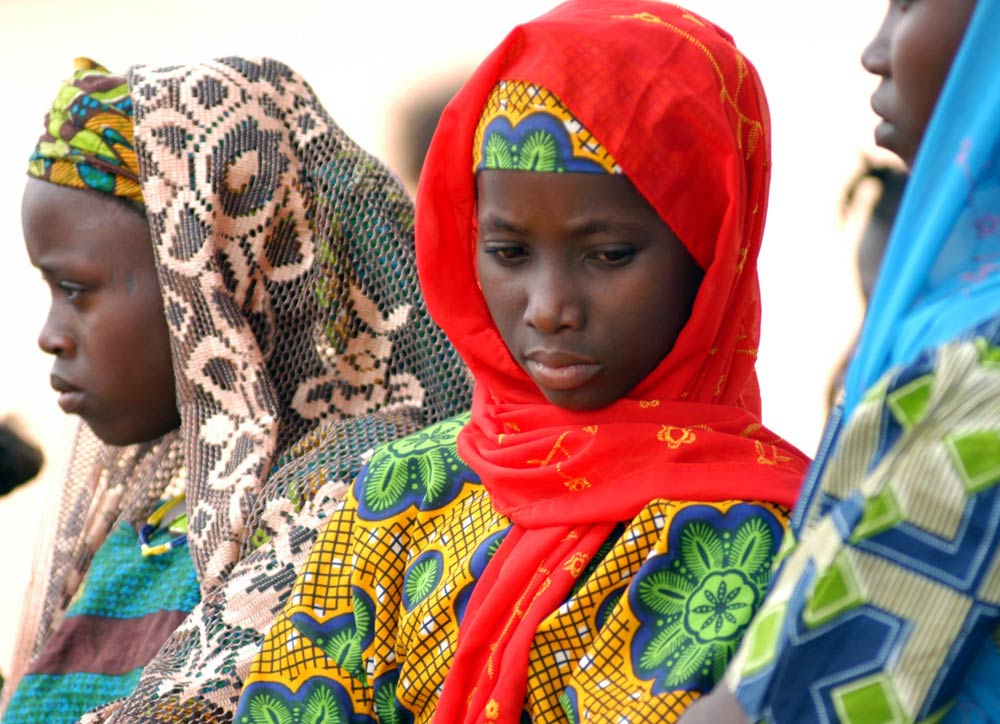A man has been sentenced to four years in jail in Niger’s first conviction for slavery.
Elhadji Djadi Raazikou (63) was convicted of having a “fifth wife” – a practice in which girls, usually of slave descent, are treated as property because local Islamic law permits only four wives.
Known as wahaya in the local Tamasheq language, they are seen as a sign of prestige among wealthy buyers in Niger and northern Nigeria’s Hausa ethnicity. No marriage takes place, depriving the woman of legal rights, and men have several wahaya.
“They are treated solely as property and face a lifetime of regular rape, physical and psychological abuse and forced labour,” said Jakub Sobik of the international pressure group Anti-Slavery International.

Raazikou allegedly bought the girl for 200 000 CFA francs (£248) and put her to work as a domestic drudge for one of his four other wives. He had been detained in the town of Birnin Konni since the local anti-slavery organisation Timidria alerted authorities in 2010.
“We hope this latest success will be a catalyst for others to start coming forward,” said Abankawel Illitine, a Timidria board member.
It is the first successful such prosecution since a Nigerian woman challenged her former master in the Court of Justice of the West African regional body Ecowas six years ago.
The girls are often born into slavery in a rigid caste system where “noble-borns”, usually lighter-skinned Moors, indirectly or directly own darker-skinned Moors or black Africans. The girls, almost always sold before they turn 15 and frequently as young as nine, sometimes change hands several times.
Up to 130 000 people are trapped in modern slavery in Niger, with women and children bearing the brunt. Some wahaya are forced to wear a heavy brass ankle ring. In neighbouring Mauritania, those old enough to cover their hair are often forced to leave their arms bare – against rural tradition – to enable them to carry heavy burdens.
Much of the abuse comes from the other wives, whose position depends on being able to remain a spouse. “A wahaya can regain their freedom if their first-born is a boy, because the husband will then either divorce another of his wives or he must liberate the mother,” Illitine said. In Raazikou’s case, he tried to divorce one of his other four wives to marry a fifth, the court heard.
Slavery has existed across the Sahel and Sahara since Arabic-speaking Moors raided African villages and launched the trans-Saharan slave trade centuries ago. Some proponents justify its continuation through Quranic texts that permitted the enslavement of women captured in jihad (holy war), although it is practised even in countries that never experience jihad.
Talak inherited her slave status from her parents, who were captured in a raid by Tuaregs against their village. “My work load was awful, unimaginable … [My master] considered me to have no soul. He would use me for pleasure while hate burned in my heart,” she told rights activists after running away.
Mauritania was the world’s last country to abolish slavery, in 1981, but campaigners say it is difficult to overturn a deeply engrained custom among rural communities across the several Saharan nations.
“Wahaya goes on with the consent of traditional chiefs, who are in fact the ones who own the most women,” said a local chief in the northern Nigerian state of Sokoto, which borders Niger.
The chief, who asked not to be named, said nomadic Tuaregs frequently crossed the Sahara to reach the former Islamic caliphate, where the custom of buying girls was well established. “There are villages where 80% of girls came to Nigeria so young they don’t know anything about where they come from, or anything about their birth families,” he said.
